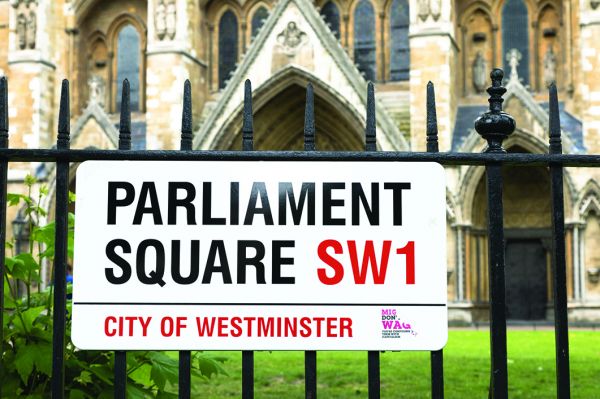
Constructive dismissal defined
Constructive dismissal may be defined as misconduct by an employer against an employee in fundamental breach of the terms of employment which leaves the employee with little or no option but to resign from post. Claims for constructive dismissal are issued under s 95(1)(c), Employment Rights Act 1996. Employees who have faced bullying in the workplace would be entitled to resign and claim constructive dismissal where it has been either practised, or permitted, by the employer and









